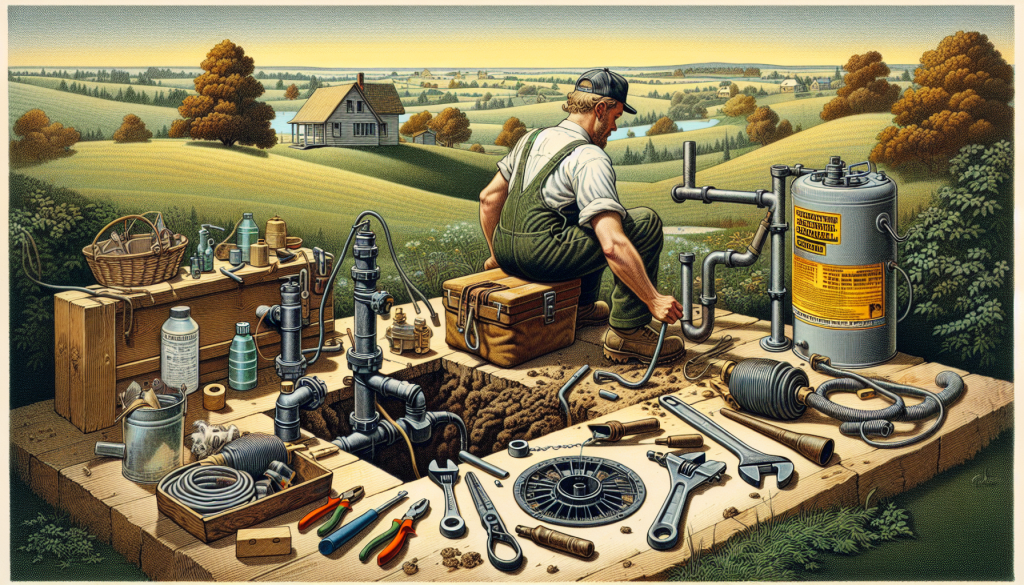
The Septic System Survival Guide: Maintenance Tips for Rural Homeowners
The Septic System Survival Guide: Maintenance Tips for Rural Homeowners
If you’re a rural homeowner, chances are you have a septic system instead of a traditional sewer system. While septic systems may offer more privacy and lower costs, they also require regular maintenance to ensure they function properly. In this survival guide, we’ll provide you with some essential tips on how to maintain your septic system and avoid any costly and messy disasters.
Understand Your Septic System
Before diving into maintenance tips, it’s important to have a basic understanding of how your septic system works. In simple terms, the system consists of a septic tank buried underground and a drain field that distributes treated wastewater back into the ground. The septic tank separates solid waste from liquids, allowing bacteria to break down the solids before releasing the effluent into the drain field. It’s crucial to have a properly functioning septic tank to avoid any contamination of your water supply and potential health hazards.
Regular Pumping is a Must
One of the most important maintenance tasks for your septic system is regular pumping. As the solid waste accumulates in the tank, it needs to be pumped out every 3-5 years. This helps prevent buildup and clogging, which can lead to backups and costly repairs. Keep in mind that the frequency of pumping may vary depending on the size of your tank and the number of people living in your household, so consult with a professional for specific recommendations.
Be Mindful of What Goes Down the Drain
To keep your septic tank in good shape, it’s crucial to be careful about what you flush and drain. Avoid pouring any harsh chemicals, oil, grease, or medication down the drain as they can disrupt the bacterial balance in your tank and potentially harm the environment. Also, resist the urge to use your toilet as a garbage can and dispose of items such as diapers, sanitary products, and wipes in the trash instead.
Conserve Water
The amount of water your household uses can greatly impact your septic system’s health. Every drop of water that goes down your drains ends up in the septic tank, so the more you conserve, the less strain you put on your system. Fix any leaks, use low-flow fixtures, and avoid excessive water usage to ensure your septic system can handle the load.
Keep the Drain Field Clear
The drain field’s purpose is to absorb and treat the effluent released from the septic tank. To keep it functioning properly, avoid parking cars or heavy machinery on top of it, planting trees or shrubs nearby, or allowing any excess surface water to flow into it. These activities can damage the pipes and restrict the flow of effluent, leading to backups and costly repairs.
Regular Inspections
Last but not least, regular inspections by a professional are crucial for maintaining a healthy septic system. They can spot any potential issues early on and offer recommendations for repairs or upgrades to prolong your septic system’s lifespan. Knowing the age and condition of your septic system can also help you plan for future maintenance and replacements.
In conclusion, maintaining a septic system as a rural homeowner requires regular upkeep, mindful usage of water and drains, and professional inspections. By following these tips, you can ensure the longevity and proper functioning of your septic system, saving you time, money, and headaches in the long run.
By following this guide, you can be confident that your rural home’s septic system will continue to thrive and provide you with a safe and efficient way to manage household waste. Make sure to keep up with regular maintenance and inspections to avoid any unexpected problems and enjoy your peaceful and sustainable rural lifestyle.
